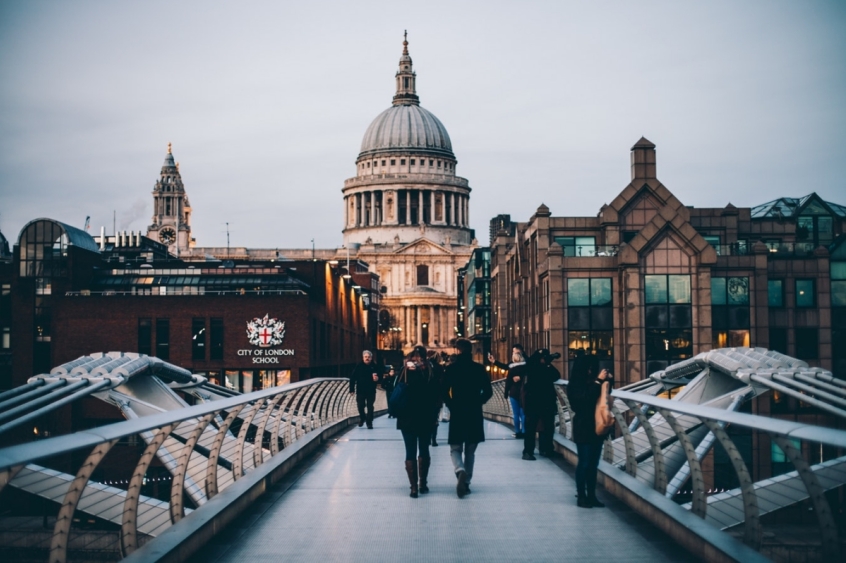
The Church of England has been told it must move from words to actions if it is to "cement the position of safeguarding in the Church as being of the utmost importance".
Its lead safeguarding bishop, Peter Hancock, told the Church of England's national assembly, the General Synod, on Sunday that the Church "absolutely" must continue to have conversations around safeguarding and "the best possible practice".
He said that there was "much still to do" to fully reform safeguarding within the Church, but insisted that progress was being made to address the failings identified by the Independent Inquiry into Child Sexual Abuse.
"The need for compassion and pastoral care is clear. And whilst words are important, ultimately actions speak louder," the bishop said.
"It takes action to change policy. It takes actions to respond properly to disclosures and instigate independent reviews.
"It is action that will bring reform, support survivors and ensure that we keep prevention at the forefront of our work. I am pleased that I can report on actions today, but there is much more still to do, and that takes people and it takes resources."
Bishop Hancock, who is the current Bishop of Bath and Wells, stressed that changing the safeguarding culture within the Church required participation at all levels, from local parishes to national Church leadership.
"Whatever happens, we all have a role to play in safeguarding," he said.
"It is not something that can be 'done to' the Church. It is instead integral to the Church's very life and it remains at the heart of the Christian message."
In an update on the measures being implemented as a result of the child abuse scandal, he said changes had been made to the leadership and management of safeguarding, with the Church's National Safeguarding Steering Group (NSSG) now meeting more more regularly and for longer each time.
Other recent developments include the appointment of Melissa Caslake as the Church of England's first permanent Director of Safeguarding. She is the current executive Director of Children's services for the Royal Borough of Kensington and Chelsea, and the City of Westminster, and is due to take up her post later this month. Until now, the Church of England only had an adviser on safeguarding, not a director.
Bishop Hancock said the change was "significant" and would "help to ensure that safeguarding is fully integrated into the structures and priorities of the Church".
The General Synod falls within the third IICSA hearing investigating the Church of England's handling of child sexual abuse cases. It has been hearing evidence since last week and will continue to do so until July 12.
Bishop Hancock said the accounts of abuse that have emerged from IICSA are "harrowing".
"This inquiry has not been an easy experience for the Church and some justifiably difficult questions are being asked of us," he said.
"We know that we have a long way still to travel on our safeguarding journey and IICSA has shone a helpful spotlight on the Church's safeguarding."
He added: "If we are to move forward and change how we respond to victims and survivors and how we are seen by them, we must be willing to have these difficult discussions and to make proactive decisions."
Forthcoming work by the safeguarding team includes national 'learning lessons' into the cases of John Smyth, Trevor Devamanikkam and Victor Whitsey.
A working group has been formed to review the Clergy Discipline Measure, the process by which complaints of serious misconduct by clergy are dealt with. It is due to meet for the first time in October 2019.
The Church is also working with survivors to co-produce a National Victim and Survivor's Charter outlining the key principles that should be adhered to when the Church works with victims and survivors of abuse.
Another major development is the National Safeguarding Summit at York University in September, bringing together for the first time the National Safeguarding Steering Group, the National Safeguarding Panel, survivors of church-related abuse, diocesan safeguarding advisors and the National Safeguarding Team.
"There is no doubt that our response to survivors in the past has been inadequate," said Bishop Hancock.
He concluded: "My challenge to Synod is that if you are concerned about safeguarding in the Church, now is the time to stand up, get involved and be counted."













